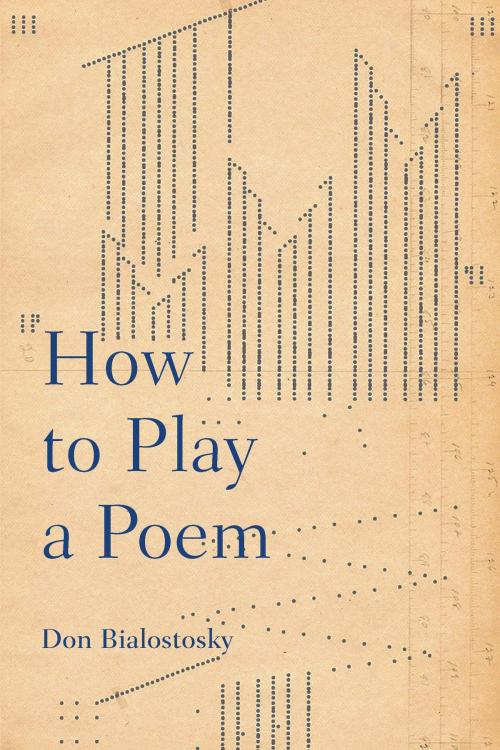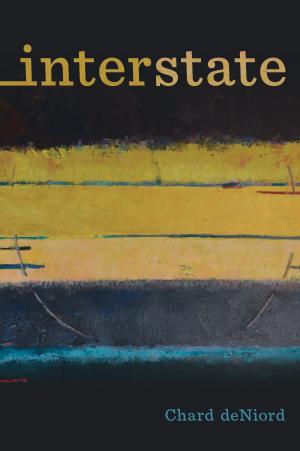How to Play a Poem
Nonfiction, Reference & Language, Language Arts, Writing & Publishing, Composition & Creative Writing, Fiction & Literature, Literary Theory & Criticism| Author: | Don Bialostosky | ISBN: | 9780822982357 |
| Publisher: | University of Pittsburgh Press | Publication: | July 21, 2017 |
| Imprint: | University of Pittsburgh Press | Language: | English |
| Author: | Don Bialostosky |
| ISBN: | 9780822982357 |
| Publisher: | University of Pittsburgh Press |
| Publication: | July 21, 2017 |
| Imprint: | University of Pittsburgh Press |
| Language: | English |
Approaching poems as utterances designed and packaged for pleasurable reanimation, How to Play a Poem leads readers through a course that uses our common experience of language to bring poems to life. It mobilizes the speech genres we acquire in our everyday exchanges to identify “signs of life” in poetic texts that can guide our co-creation of tone. How to Play a Poem draws on ideas from the Bakhtin School, usually associated with fiction rather than poetry, to construct a user-friendly practice of close reading as an alternative to the New Critical formalism that still shapes much of teaching and alienates many readers. It sets aside stock questions about connotation and symbolism to guide the playing out of dynamic relations among the human parties to poetic utterances, as we would play a dramatic script or musical score. How to Play a Poem addresses critics ready to abandon New Criticism, teachers eager to rethink poetry, readers eager to enjoy it, and students willing to give it a chance, inviting them to discover a lively and enlivening way to animate familiar and unfamiliar poems.
Approaching poems as utterances designed and packaged for pleasurable reanimation, How to Play a Poem leads readers through a course that uses our common experience of language to bring poems to life. It mobilizes the speech genres we acquire in our everyday exchanges to identify “signs of life” in poetic texts that can guide our co-creation of tone. How to Play a Poem draws on ideas from the Bakhtin School, usually associated with fiction rather than poetry, to construct a user-friendly practice of close reading as an alternative to the New Critical formalism that still shapes much of teaching and alienates many readers. It sets aside stock questions about connotation and symbolism to guide the playing out of dynamic relations among the human parties to poetic utterances, as we would play a dramatic script or musical score. How to Play a Poem addresses critics ready to abandon New Criticism, teachers eager to rethink poetry, readers eager to enjoy it, and students willing to give it a chance, inviting them to discover a lively and enlivening way to animate familiar and unfamiliar poems.















